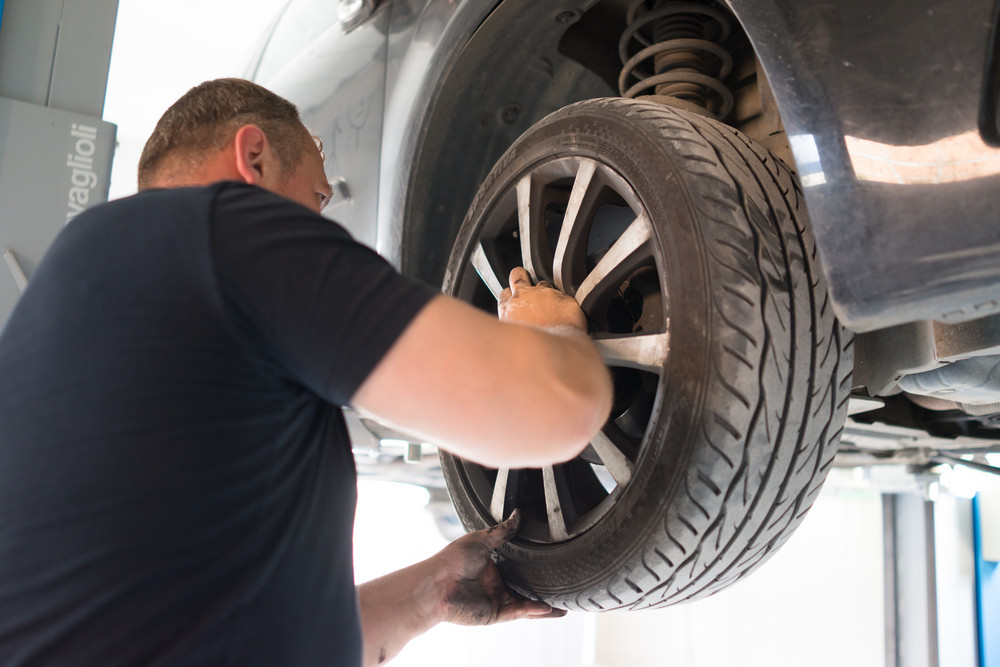
With the car market growing, you may wonder if now is the right time to upgrade your vehicle. According to Grand View Research, the global positioning systems market size is expected to rise steadily at a compound annual growth rate (CAGR) of 16.1% from 2023 to 2030. This means that options will be available if you want to switch or consider the financial impact. Below are ways that upgrading your vehicle can save you money in the long run.
Lower Annual Maintenance Costs
When you purchase a newer or upgraded vehicle, you experience fewer yearly maintenance needs. Standard oil changes and tire rotations don’t compare to higher maintenance costs. They are usually in addition to monthly payments, but these maintenance needs are not every month. Depending on how much or how little you drive your upgraded vehicle each year, you could have fewer maintenance needs than others.
If something major goes wrong with your vehicle, the factory warranty will cover these expenses, and you will not have to pay anything. You may be inconvenienced with a rental for a day or two, but you will not be out of hundreds or thousands of dollars like you would be when it comes to an older vehicle. Remember that the newer the vehicle you purchase as an upgrade, the longer the warranty you will have. You can get a warranty on a used vehicle, but it will not have the same lifespan as one that is only a year old or even brand new.
Safety Features Can Save You Money
A more updated vehicle has more technological innovations and safety features. These features can help you protect and secure your car, so you don’t have to pay for repair or replacement property that may be stolen. These features can alert you when something is too close or if you’ve left your keys in the car. Other features include car seat anchors and individual safety protection that will save on medical expenses if you are in an accident. They can also help to save money by preventing additional property damage if you’re involved in an accident as well; there are two kinds of damages you can pursue if you do find yourself in a personal injury case: economic and non-economic. Economic damages can help to restore your vehicle after a crash.
Maintenance Costs Become More Expensive With Cars Aging
After your vehicle crosses over 100,000 miles, you can expect major expenses to develop. Replacement under the hood, like the engine or the transmission, can add up, and those costs are more than car payments, especially if you have multiple costs in one year. According to Kelly Blue Book, a transmission rebuild isn’t cheap and can range from $4,500 to $6,000, depending on the make and age of your vehicle. Having to cover this and other major expenses could cause you to put more money into the car than in payments for an upgraded vehicle.
Improve Your Credit Score
One of the best things about making that upgrade is improving your credit score. When you finance a different vehicle, you will be exposed to better interest rates and get to build your overall credit with on-time monthly installments. If you are looking to make a larger purchase for something like a home or a second property, this is a great way to maintain your credit or establish your credit if you are just getting started.
You Could Earn A Tax Credit
If the vehicle you opt to upgrade to is hybrid or electric, you could get a tax credit each year, ultimately saving you money on your overall expenses. You will also have fewer regular maintenance services to keep up with, reducing these expenses significantly. If you purchase one as a personal vehicle or are a business owner looking to save money, you should see what options are in the electric world.
With all these reasons to upgrade, you are not only going to save money, but you will have more reliability with an upgraded vehicle. You don’t want to be stranded in your current vehicle and stressed out. According to IBIS World, the automobile towing industry was approximately $11.3 billion in 2022. This was due to unreliable vehicles. Avoid being a statistic and make the switch today.









